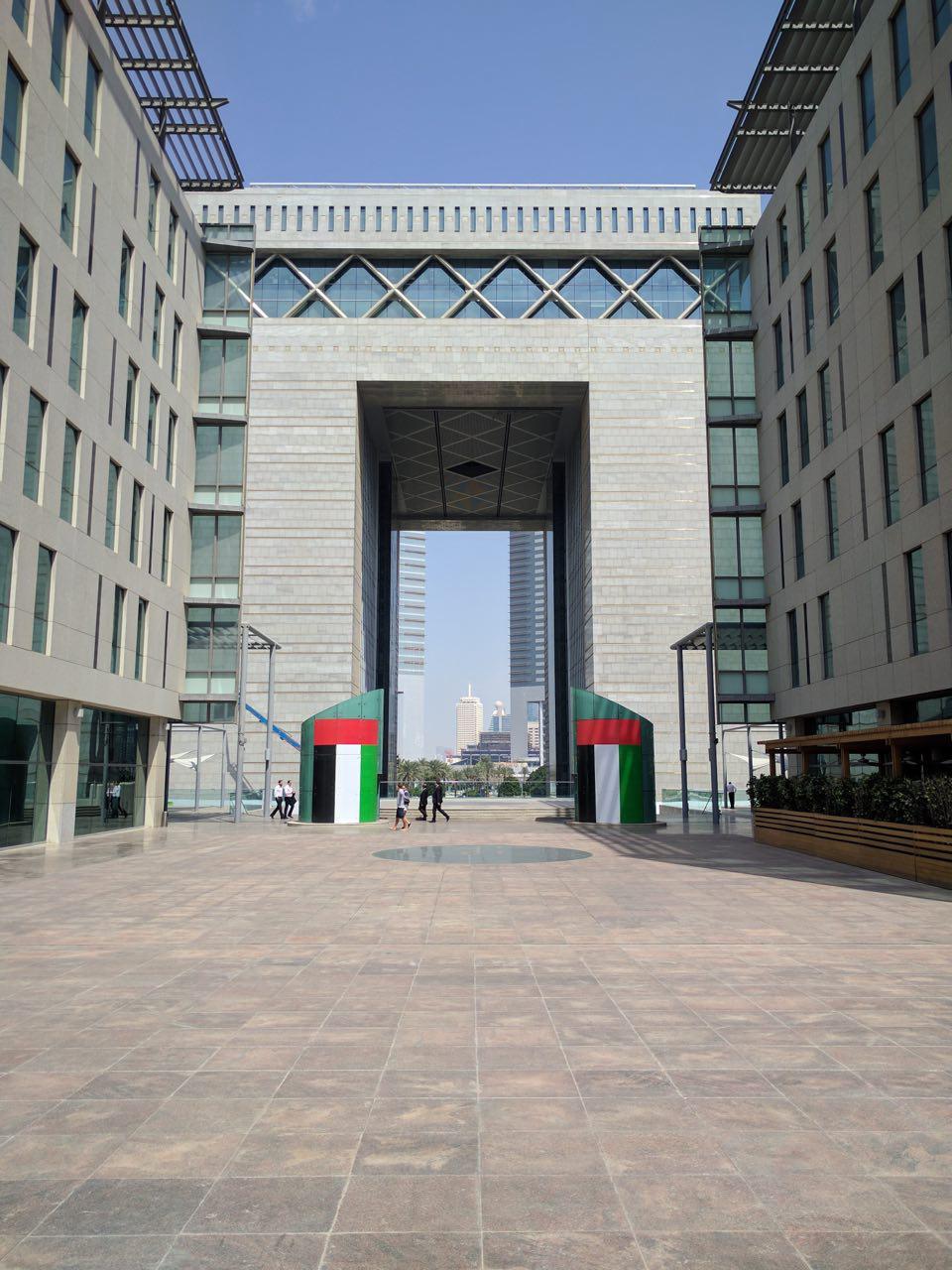An often-repeated statement you hear in the Iranian-American community is that depositing money in Iranian banks is a great investment. Interest rates in some Iranian banks have hovered in the double digits for years, at one point even exceeding 20%. Word has it that some Iranian banks offer Dollar or Euro-denominated accounts. Deposit your money in Dollars, receive high interest in Dollars – sounds particularly enticing when you see how low our interest rates here in the United States are. Anybody with half a brain would withdraw some of his or her savings in the U.S. and deposit in one of these private banks in Iran, right? Wrong.
A U.S. person taking money from the U.S. (or anywhere else) and
depositing it in any Iranian bank unless authorize authorized is violating U.S. sanctions against Iran.
Aside from selling and dealing in property in Iran without specific authorization from the Office of Foreign Assets Control (OFAC) (which I addressed at length in this article months ago), one of the most common violations of the U.S. sanctions regime committed by Iranian-Americans is deposits in these high-interest accounts in Iran.
The common logic goes as follows: “I am a U.S. citizen or Green Card holder, but I am an Iranian national. As any other citizen in most if not all other countries, I can put money in a bank in my own country.” Yes, it does theoretically make, but it not true. As I have discussed in previous postings, if you meet the definition of a “United States person” under the Iranian Transactions Regulations (the “ITR”) you are bound by OFAC’s sanctions regulations on Iran. If you are a U.S. citizen or permanent resident (regardless of where you live) or if you are physically present in the U.S. (such as students or those here on work visas) you are a U.S. person. It does not matter if you also have an Iranian passport, a Canadian passport or a Japanese passport.
As a U.S. person, you cannot make any new investment in Iran without proper authorization. A U.S. person taking money from the U.S. (or anywhere else) and depositing it in any Iranian bank unless authorize authorized is violating U.S. sanctions against Iran. That is new investment and prohibited unless permitted otherwise. Not only that, but you are effectively “importing” a service (by the Iranian bank to you) from Iran, which is also generally prohibited. If the money is invested in a bank labeled by OFAC as a Specially Designated National (SDN) you have another problem – U.S. persons are generally prohibited from conducting even permitted Iranian transactions with SDN banks (such as Saderat, Melli, Mellat, Sepah).
You may have any one of the following questions, which I have answered below:
1. Can I deposit money in a private Iranian bank that is not government-owned?
No. Unless otherwise permitted, such deposits, irrespective of the bank, are prohibited. Even if you have a license, unless you meet some type of narrow exception you still will not be able to utilize the services or generally deal with Bank Saderat, Bank Melli, Bank Mellat, Bank Sepah and any other bank designated as an SDN.
2. I actually deposited some money years a few years ago in an Iranian bank as the interest was high. What should I do now?
Violations of the ITR can reach up to the maximum of $250,000 or twice the value of the violation, whichever is greater. Not every violation is obviously fined this much as various factors can come into play. However, violations of the ITR have at times met with steep penalties. You can also submit a voluntary self-disclosure (a written disclosure) to OFAC what the violation was, etc. If your disclosure meets that definition, that can reduce the maximum penalty by 50%.
3. I have an account from long before I became a U.S. person sitting in an SDN Bank such as Saderat. What should I do?
Maintaining such accounts is a violation of OFAC regulations as you are dealing with an SDN. As such, you can apply for a specific license from OFAC to close that account out.
4. I am going to be selling some property I own in Iran. I don’t have a bank account there right now, but really can’t carry all the sale proceeds in cash with me to the United States. What should I do?
Naturally, if you are a U.S. person dealing with property in Iran (be it selling it, buying it or renting it out) you need a specific license from OFAC authorizing all such activities you intend to engage in. In this process, you can also request opening an account in a non-sanctioned Iranian bank to store the money until you transmit it to the United States. This may be accepted, it may not. Regardless, you should obviously make sure you are authorized to do any and all things you intend do in this regard (or with Iran).
The reality is that Iran holds immense investment and other economic potential. It is a relatively rich country and a somewhat untapped economy. Be sure that you and your friends and relatives are not the only one who has discovered this! Many U.S. and other companies are waiting for the sanctions to come down so they can do business (and make money) in Iran. The fact that U.S. companies are really not investing or dealing with Iran (unless you count a very narrow band of permitted activities) should serve as a red flag to you. It goes without saying that irrespective of your personal beliefs, you should naturally comply with all applicable laws.
Please contact Farhad R. Alavi at +1 (202) 686-4859 or falavi@bhfalaw.com should you have any questions.
© 2011, BHFA Law Group, PLLC
This article and its content are solely intended for informational purposes and should not be interpreted as constituting legal advice. You should consult with legal counsel with regard to all topics and issues discussed herein.
